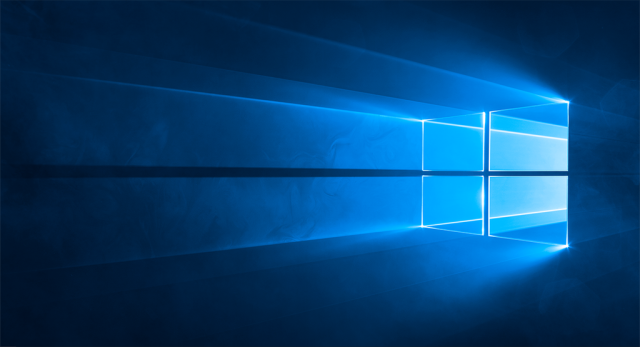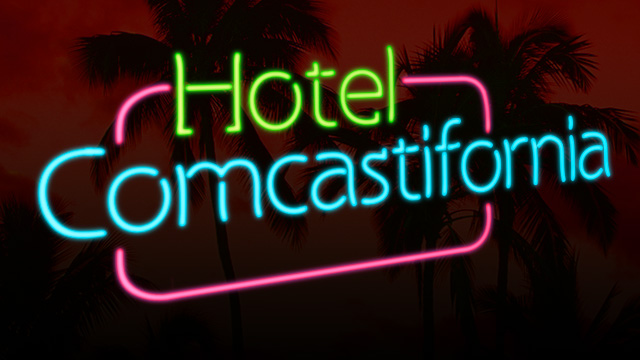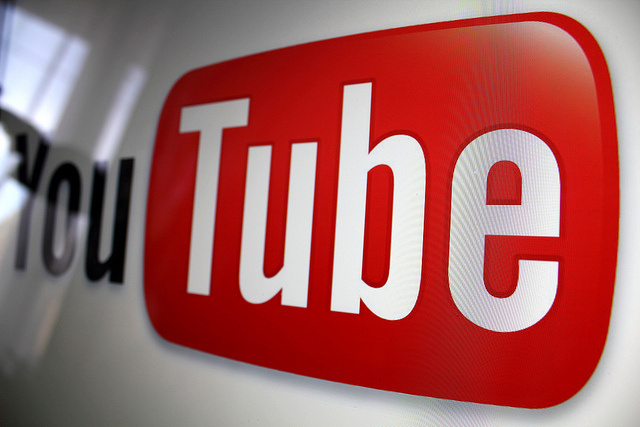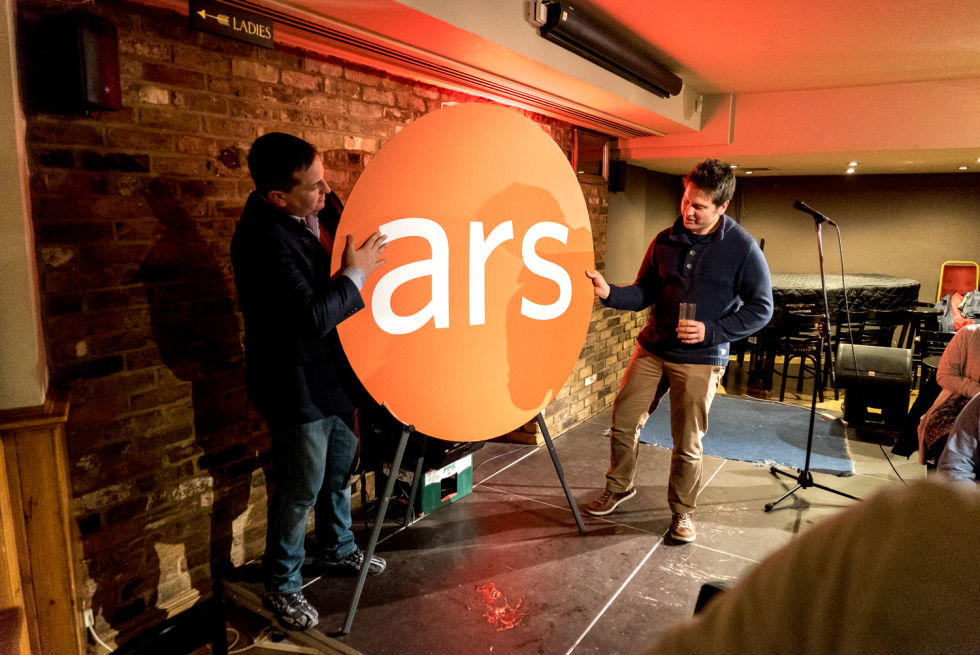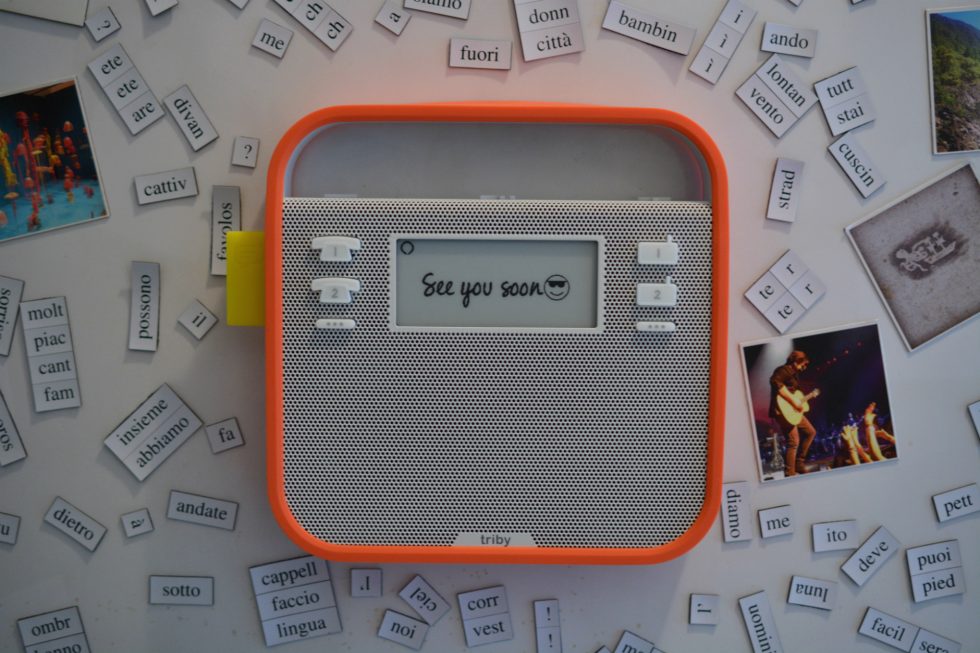The Australian’s government’s independent Productivity Commission has given advice to the government that calls for the introduction of fair use rights, formally legalize geo-dodging and calls on more limits to copyright protection.The Productivity Com…

The Australian's government's independent Productivity Commission has given advice to the government that calls for the introduction of fair use rights, formally legalize geo-dodging and calls on more limits to copyright protection.
The Productivity Commission is tasked with providing the government with independent advice, advice that isn't always in line with the current conservative (and pro copyright) government's policy directions.
A draft report on copyright by the commission was released this week, providing guidance in several key areas - advice that some rights-holders have already criticized.
The report has once again highlighted the lack of fair use rights in Australia, and urged the government to take action in this area. Fair use rights would reduce uncertainty, and would benefit consumers, educational institution and would help to foster innovation by enabling follow-on creators to innovate without being constrained by copyright law.
The report goes into detail how such an exemption can be implemented based on existing case law, both here in Australia and overseas, and goes to length to dispel some of the arguments against fair use, arguments that right-holders often like to make in public.
The commission also calls for copyright protection to be terminated for works that are no longer being actively supplied to the marketplace, the so called "use it or lose it" clause.
"The lack of any requirement for rights holders to actively supply the Australian market reduces the efficiency of Australia’s copyright regime. Demand for works that have been created, but are not being supplied, reduces consumer welfare and the profits of intermediaries and original rights holders. Where a rights holder has made a choice not to supply their works to the market (or refuses to supply a market), granting consumers access to that work, such as through a fair use exception, improves consumer wellbeing without reducing incentives to create copyright works," the report read.
Most controversially, the report clearly states that not only should the government not take action against geo-unblocking, the government should take action in stopping the practice of geoblocking in a bid to increase competition and make sure Australians are paying a fair price for services.
"The use of geoblocking technology is pervasive, and frequently results in Australian consumers being offered a lower level of digital service (such as a more limited music or TV streaming catalogue) at a higher price than in overseas markets. Studies show Australian consumers systematically pay higher prices for professional software, music, games and e-books than consumers in comparable overseas markets. While some digital savvy consumers are able to avoid these costs (such as through the use of proxy servers and virtual private networks), many are relegated to paying inflated prices for lower standard services," the report explains.
"The Australian Government should make clear that it is not an infringement of Australia’s copyright system for consumers to circumvent geoblocking technology and should seek to avoid international obligations that would preclude such practices," the commission recommends.
Local pay TV operator Foxtel are among the first of the influential right-holders that have come out against the report. Specifically on the issue of geo-unblocking, a Foxtel spokesperson was at pains to point out the potential economic damage caused by a ban on geoblocking.
On geo-unblocking, according to Foxtel, "Economic and cultural activity would be curtailed in Australia and money would flow offshore to companies which would have no reason to make a contribution to Australia."
A final inquiry report by the Productivity Commission is due out in August. You can read the draft report here.
